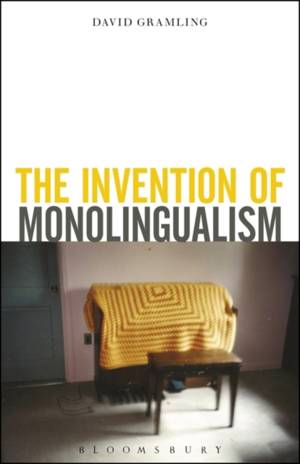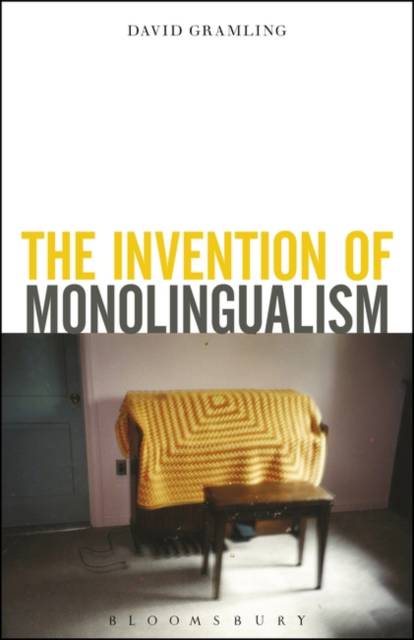
Bedankt voor het vertrouwen het afgelopen jaar! Om jou te bedanken bieden we GRATIS verzending (in België) aan op alles gedurende de hele maand januari.
- Afhalen na 1 uur in een winkel met voorraad
- In januari gratis thuislevering in België
- Ruim aanbod met 7 miljoen producten
Bedankt voor het vertrouwen het afgelopen jaar! Om jou te bedanken bieden we GRATIS verzending (in België) aan op alles gedurende de hele maand januari.
- Afhalen na 1 uur in een winkel met voorraad
- In januari gratis thuislevering in België
- Ruim aanbod met 7 miljoen producten
Zoeken
Omschrijving
The Invention of Monolingualism harnesses literary studies, applied-linguisitics, translation studies, and cultural studies to offer a ground-breaking investigation of monolingualism. After briefly describing what "monolingual+? means in scholarship and public discourse, and the pejorative effects this common use may have on non-elite, non-cosmopolitan populations, Gramling sets out, across four chapters, to discover a new conception of monolingualism. Along the way, he explores how writers-Arabic, Latin American, German, and English-language-have in recent decades confronted monolingualism in their texts, and how they have critiqued the World Literature industry's increasing hunger for "translatable+? novels. Moving from surprising and startlingly original case studies to brilliant reappraisals of widely-taught concepts in literary studies, The Invention of Monolingualism is a book to be reckoned with for students and scholars of literary theory, world literature, and the political and cultural implications of translation.
Specificaties
Betrokkenen
- Auteur(s):
- Uitgeverij:
Inhoud
- Aantal bladzijden:
- 272
- Taal:
- Engels
Eigenschappen
- Productcode (EAN):
- 9781501318054
- Verschijningsdatum:
- 6/10/2016
- Uitvoering:
- Hardcover
- Formaat:
- Genaaid
- Afmetingen:
- 142 mm x 218 mm
- Gewicht:
- 453 g

Alleen bij Standaard Boekhandel
+ 644 punten op je klantenkaart van Standaard Boekhandel
Beoordelingen
We publiceren alleen reviews die voldoen aan de voorwaarden voor reviews. Bekijk onze voorwaarden voor reviews.









